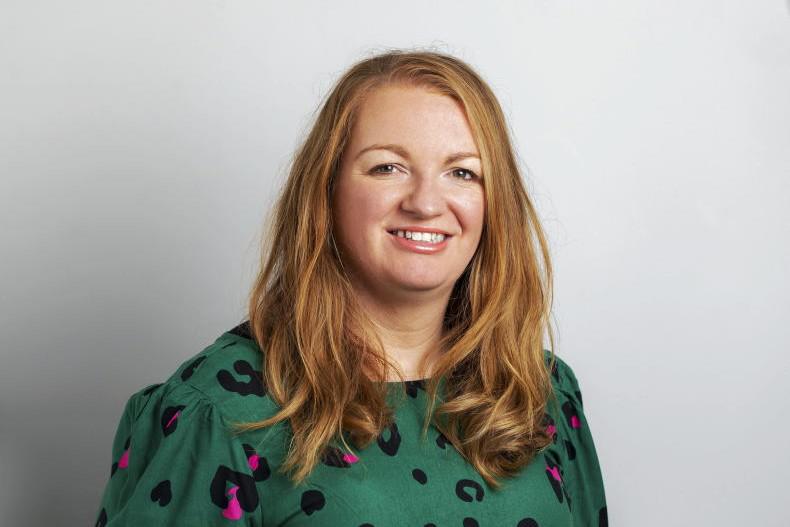As a journalist, it’s a privilege to tell people’s stories, and sometimes – not often – but sometimes, you write a piece that you have a personal connection to. On page 10, the interviewee is my uncle Jim.
On Easter Sunday, after our family dinner, Dad got a phone call. Instantly, I knew something was wrong. “Jim had a heart attack,” he said quietly. My grandfather JJ died from heart issues; he was 64 at the time. Jim, the oldest of my uncles is 68. None of us said anything, we were all thinking the same thing.
The night progressed and it was a case of no news is good news and, in the morning, there was a big relief; he was out of the woods. A few days later, even better news, there was no permanent damage to his heart. However, the situation could have been very different if it wasn’t for one important organisation, CRITICAL Emergency Medical Response, and one very important person, Edward Walsh.
When someone is having a heart attack, the ‘golden hour’ is the first 60 minutes following the onset of symptoms. Prompt medical intervention is crucial during this time, not only to save someone’s life, but to minimise long-term damage to the heart. Unfortunately, ambulance wait times still need to be improved. Over a six-month period in 2024, there were over 500 cases in which an ambulance took more than an hour to arrive to a high priority call.
Jim lives in a rural area in north Cork. On the night of his heart attack, the 999 call didn’t just alert the ambulance service, it alerted the local volunteers of CRITICAL. Ed Walsh was there within 20 minutes, he followed all the necessary emergency response procedures – he saved my uncle’s life.
When someone is having a heart attack, the ‘golden hour’ is the first 60 minutes following the onset of symptoms. Prompt medical intervention is crucial during this time, not only to save someone’s life, but to minimise long-term damage to the heart
But here is the thing, CRITICAL receives no Government funding. Everything it does, from having first responders on standby, to emergency vehicles to medical equipment is publicly funded. It operates in 21 counties, providing community-based rapid response in towns and villages and yet, it is still operating as a charity. Recently Jim travelled to Leinster House to tell his story. David Tighe, CEO of the charity told me that after Jim finished, he looked up into the gallery and there wasn’t a dry eye to be seen. Unfortunately, the Minister for Health was not there.
Our ambulance service is under pressure. Sometimes it needs back-up. CRITICAL is that back-up and to support the people of rural Ireland, it needs Government support.
There is another man in this week’s edition that I also know, Brendan Moynihan. Brendan and I went to school together, one of the funniest lads I knew growing up. I haven’t seen Brendan in maybe 10 years; he moved to Australia, and now calls it home. But we’re friends on social media and I was shocked a while back to hear that at 38, he was diagnosed with bowel cancer. Thankfully, he has made a full recovery but has been working hard to raise awareness about the signs and symptoms of bowel cancer that shouldn’t be ignored – regardless of age.
Men need to talk more about their health, to their GP, to their family, to each other. In this week’s paper, we have two men using their voice.
We hope it makes an impact.






 This is a subscriber-only article
This is a subscriber-only article









SHARING OPTIONS: